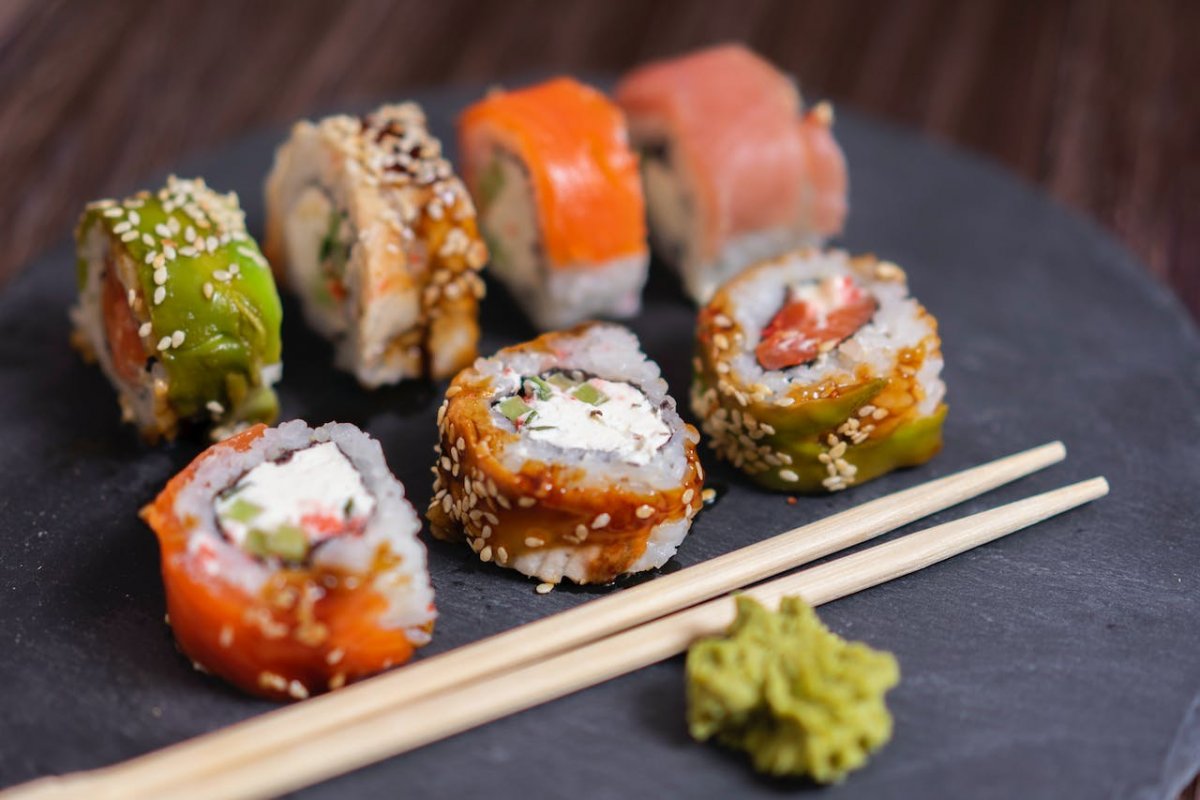
This spicy paste has been shown to successfully improve short-term memory in the elderly.
< br>It is widely accepted that as we age, some aspects of our cognitive abilities begin to decline.
Minor memory loss is considered normal, but it can also be affected by factors such as stress, fatigue and illness. However, more frequent and severe memory loss combined with other changes may be a sign of dementia.
While there is no known cure for dementia, there are treatments that can help relieve symptoms.
“In recent years, there has also been research into lifestyle choices that could improve your brain health through certain foods and exercise that turned out to be useful,” says neurologist Alesksandra Alyokhina specifically for MedicForum.
A new study has shown that a popular Japanese seasoning can help prevent cognitive decline in adults over 60 years of age.
“Wasabi may improve memory, productivity, and information processing skills in older adults. In particular, one of the spice's active ingredients, called 6-methylsulfinylhexyl isothiocyanate (6-MSITC), has been linked to these benefits due to its anti-inflammatory and antioxidant properties.”
In a study conducted by researchers from various universities in Japan, participants were divided into two groups.
Participants were between 60 and 80 years of age and had no history of diabetes, psychiatric disorders, heart disease, or cranial nerve disease.
One group was given a wasabi supplement and the other took a placebo every day for 12 weeks. The wasabi capsule consisted of 100 milligrams (mg) of wasabi extract powder, which contains 0.8 mg of 6-MSITC.
The researchers used standardized cognitive assessments to test participants' processing speed, attention, short-term memory, working memory, episodic memory, executive function, and visuospatial abilities.
“The group that took wasabi supplements performed “significantly” better episodic and working memory scores compared to the placebo group. Episodic memory refers to the memory of everyday events, and working memory is the ability to keep information active in the mind for short periods of time.”
However, no significant improvements were observed in any of the other cognitive domains. The study concluded: “6-MSITC is the main bioactive compound of wasabi.
The current randomized controlled trial found that taking 0.8 mg 6-MSITC for 12 weeks significantly improved memory functioning, including episodic and working memory. memory compared to the placebo group, but we did not find any significant improvements in other cognitive functions.
This study is the first to demonstrate that 6-MSITC has a positive effect on memory functioning in healthy older adults.
“Wasabi paste is made from Japanese horseradish, and is usually eaten as a seasoning for sushi.”
MedicForum previously wrote about the dangers of tap water.
< br>
Important! Information is provided for reference purposes. Ask a specialist about contraindications and side effects and under no circumstances self-medicate. At the first signs of illness, consult a doctor.
